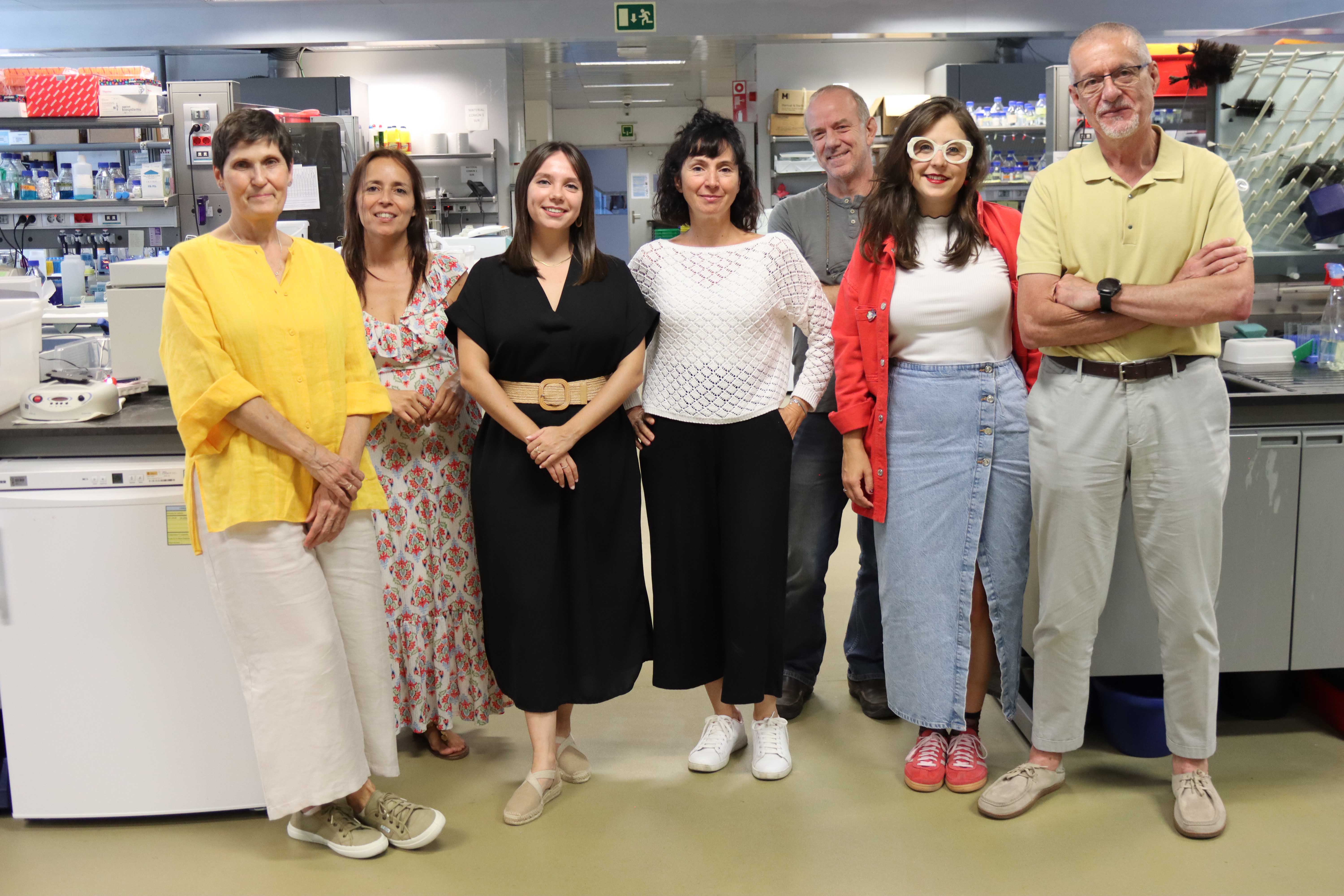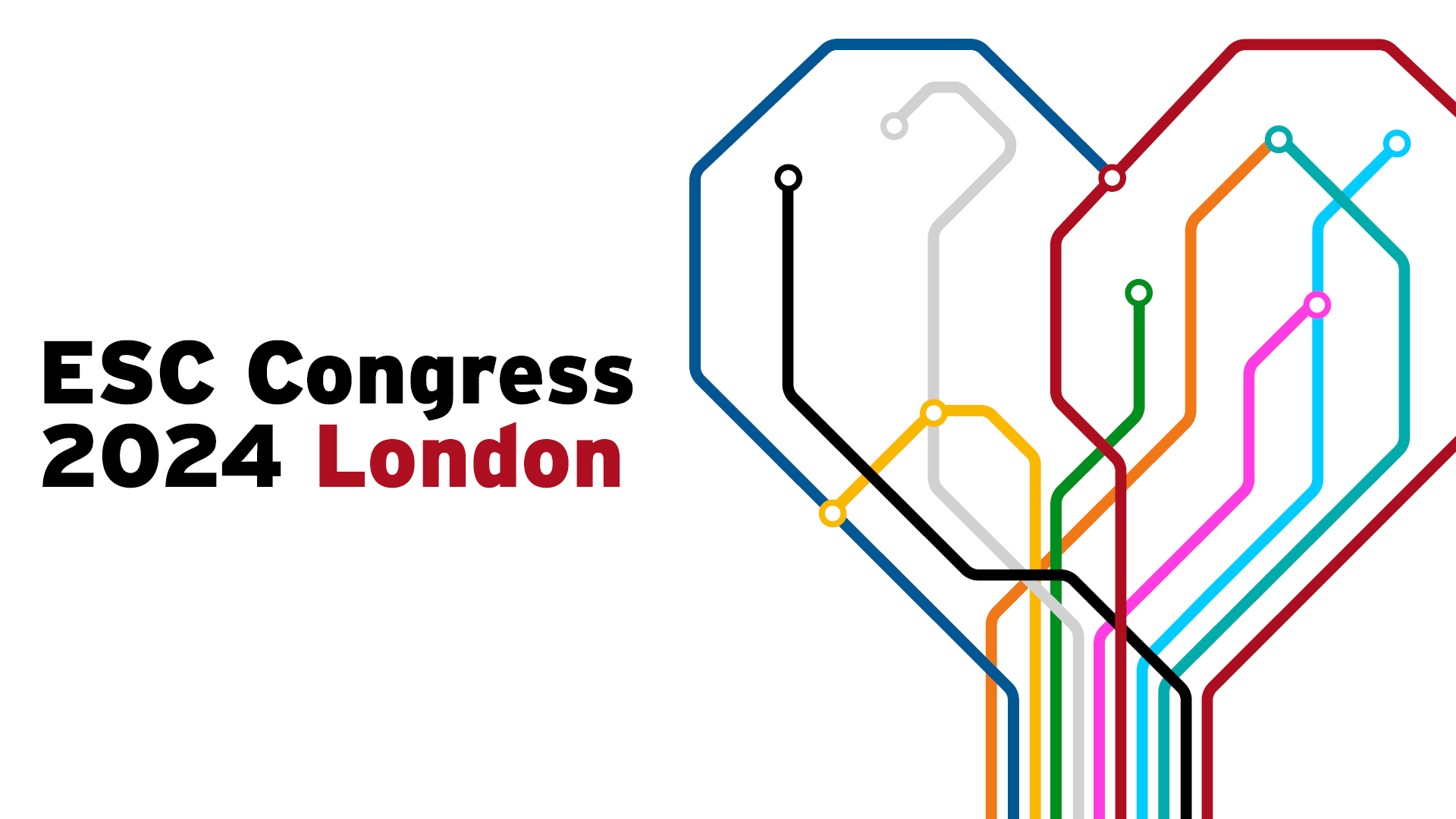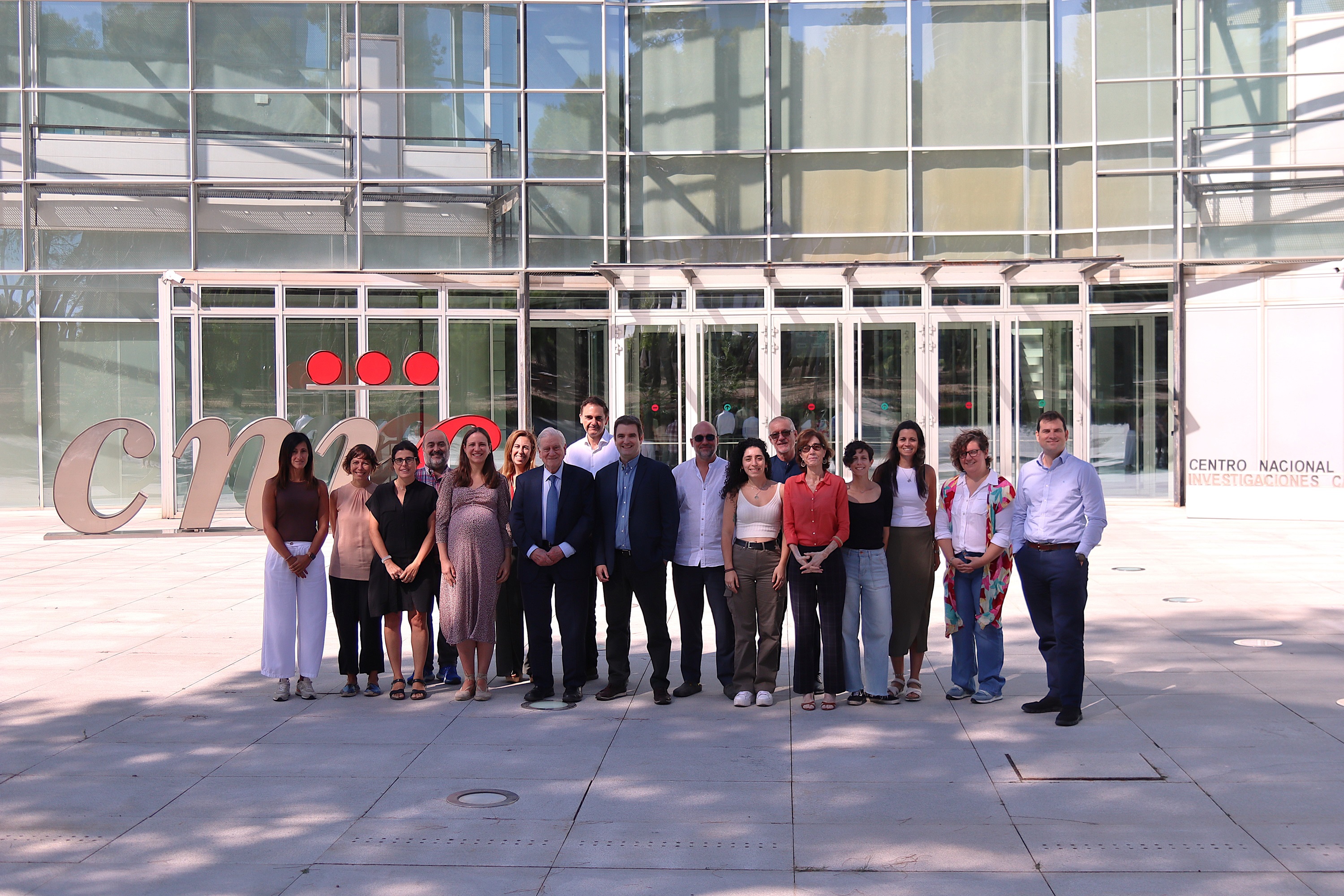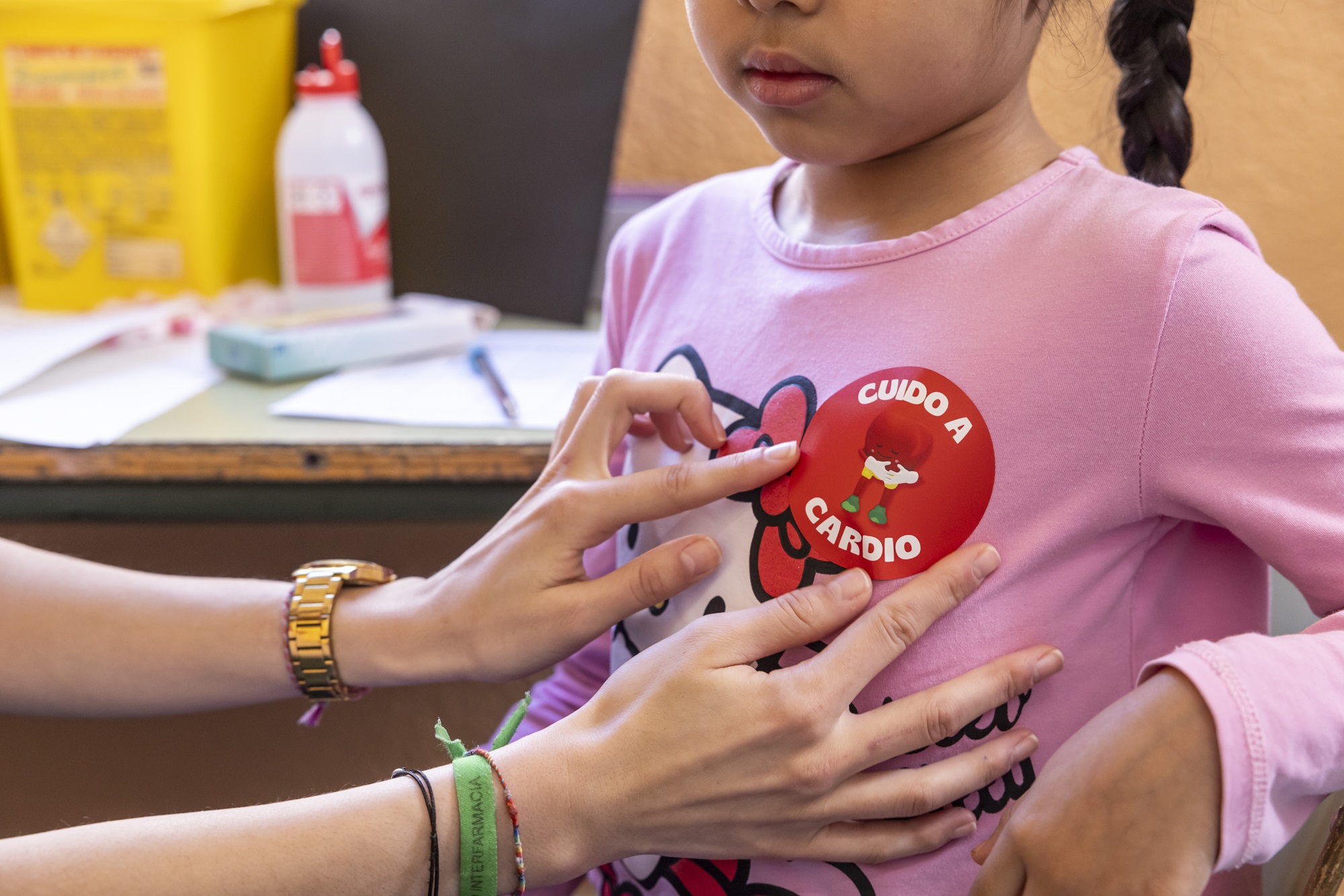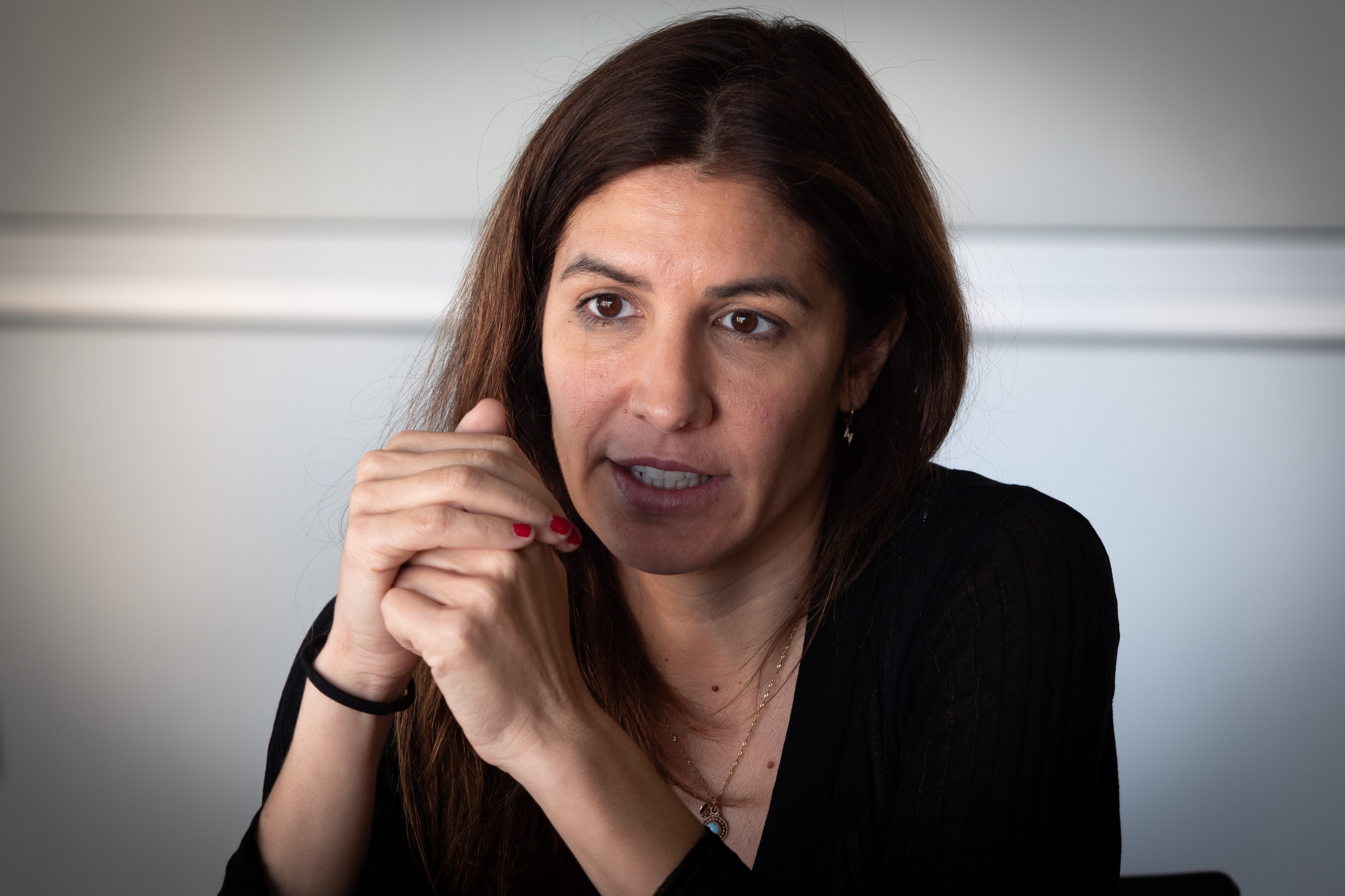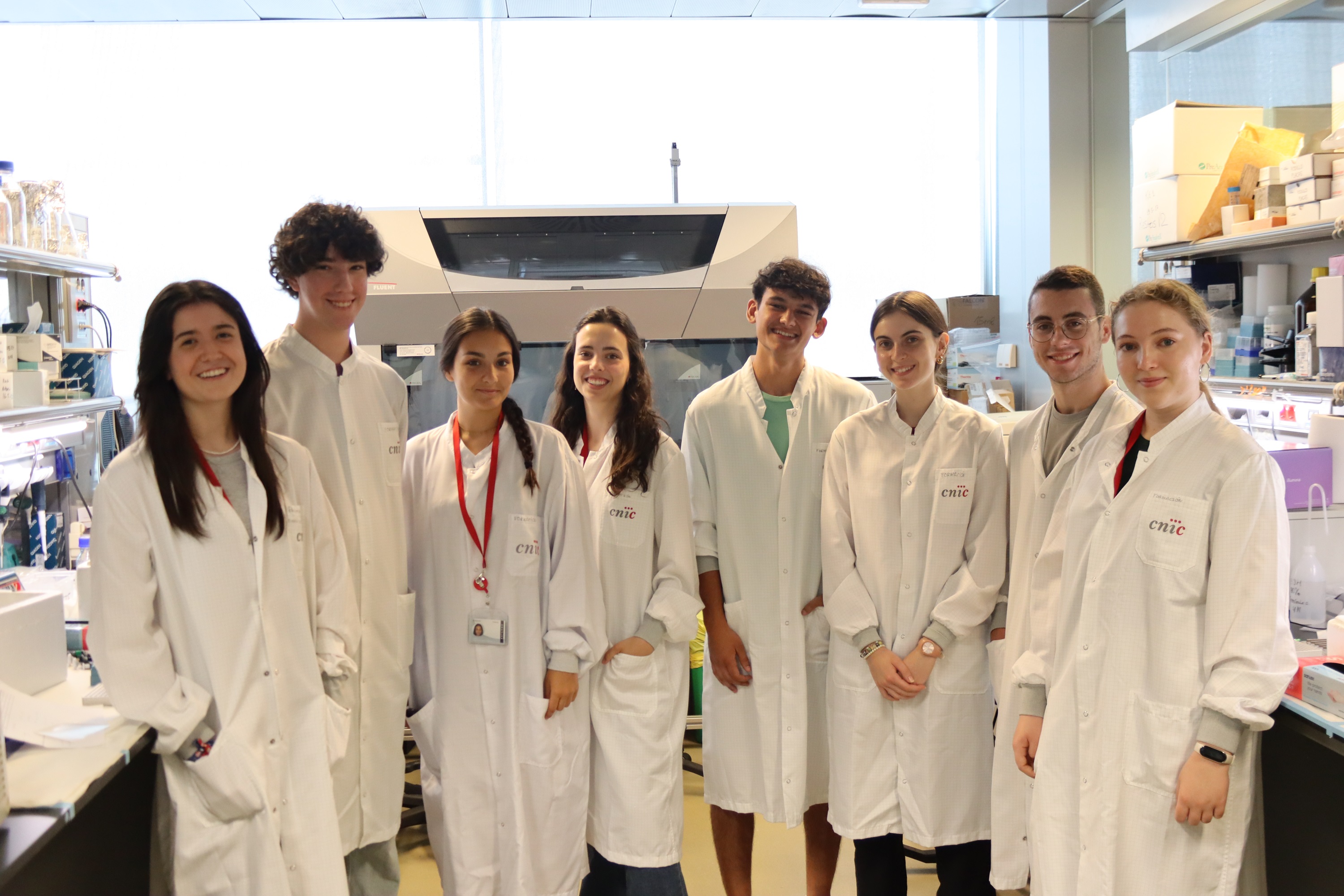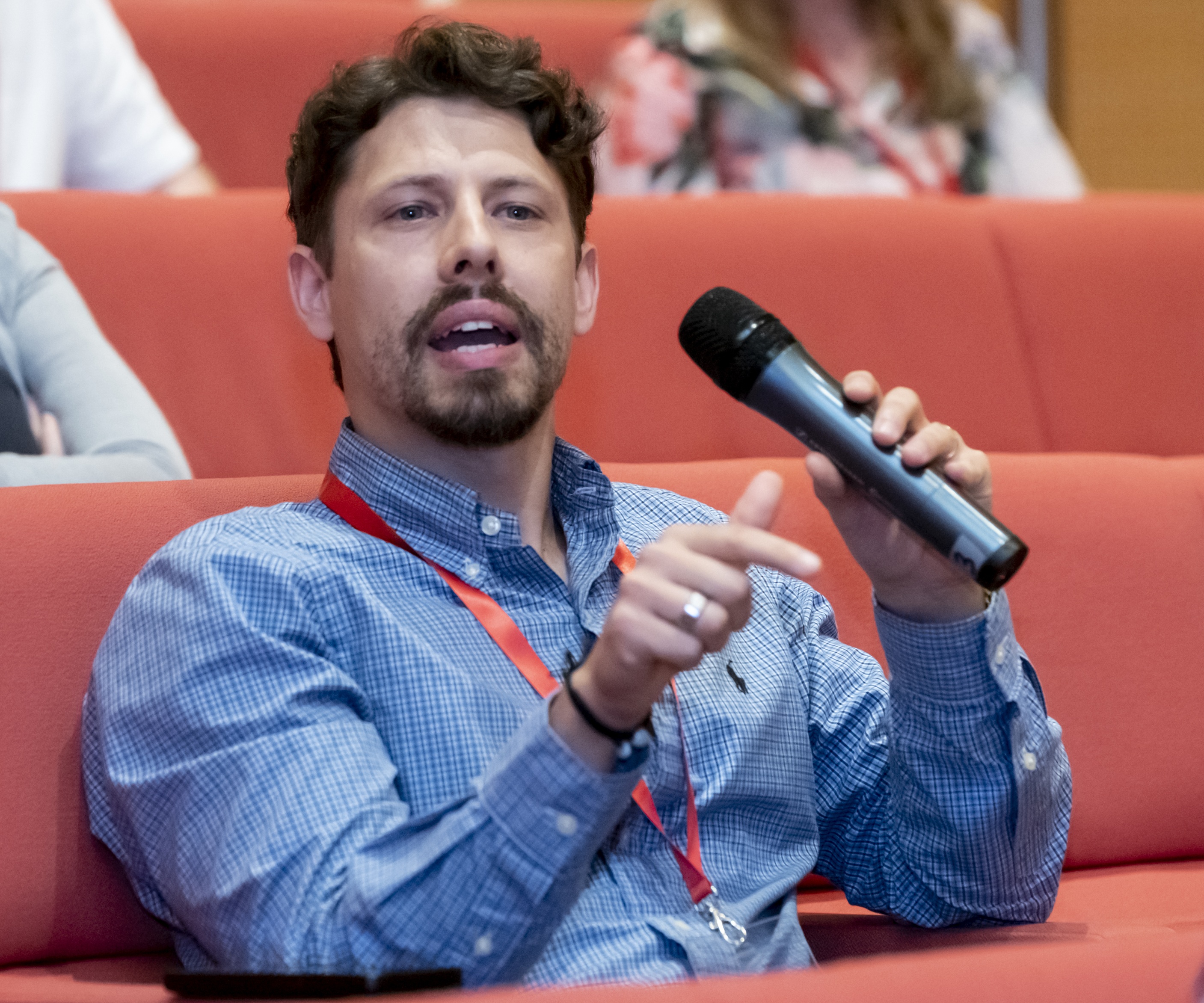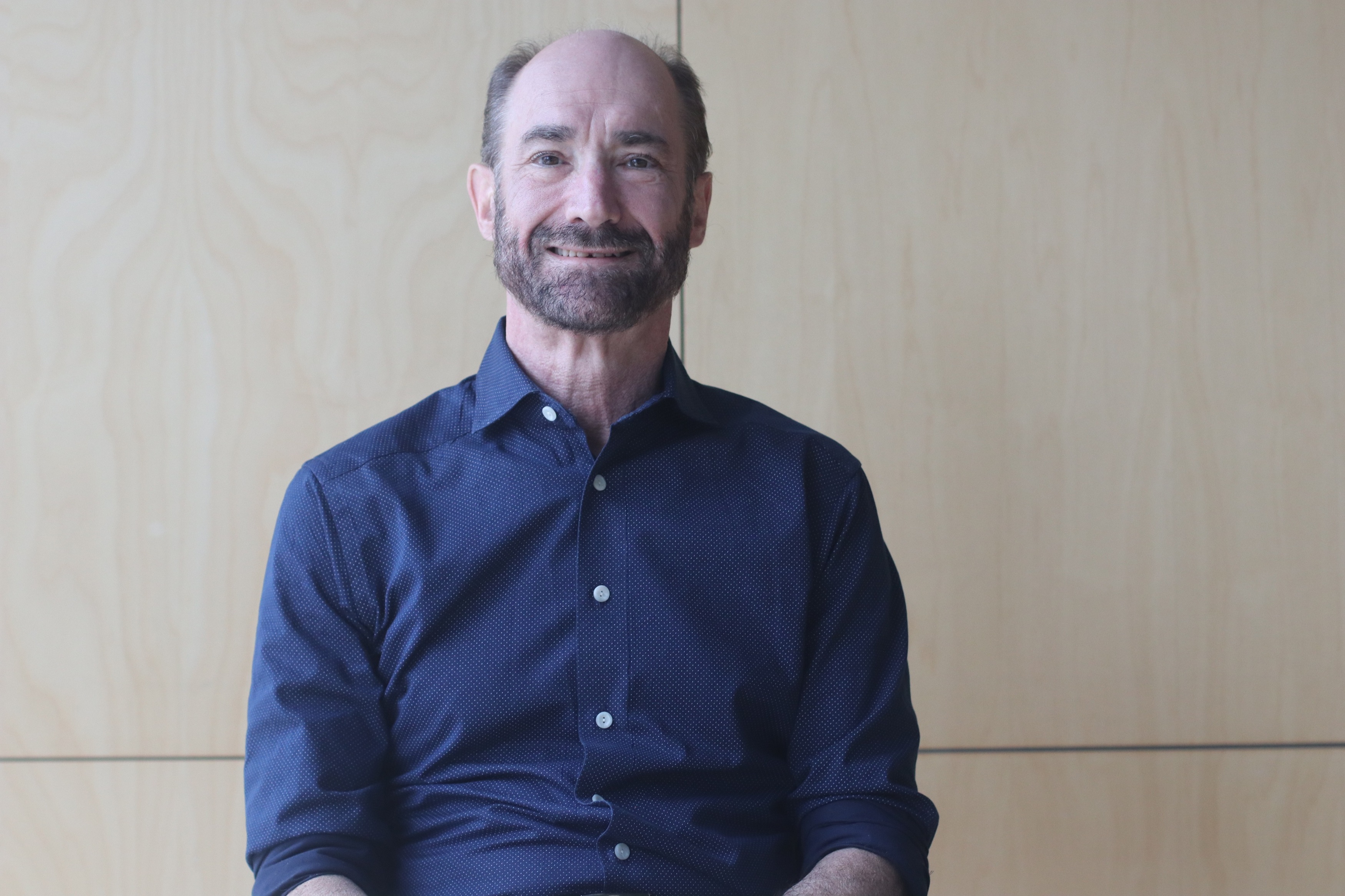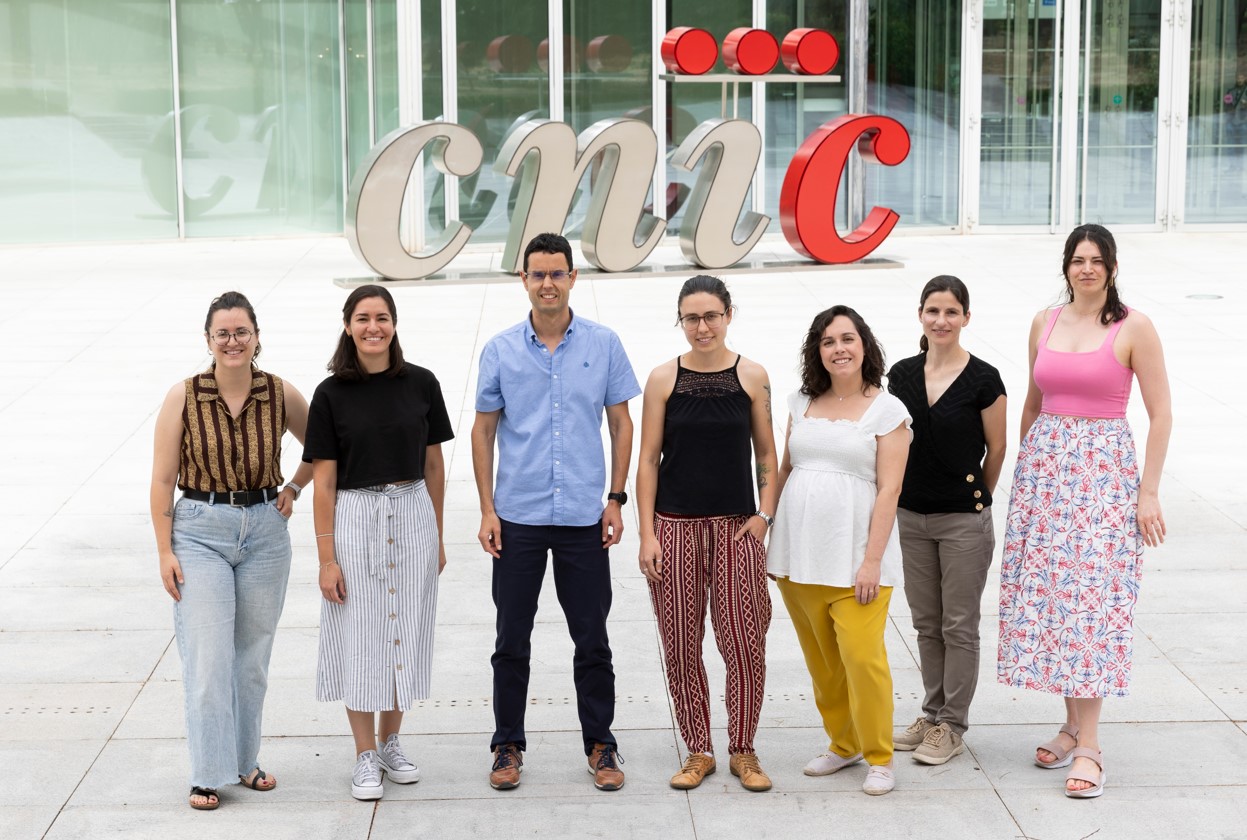News search
|
Research 9 Sep 2024 The new study, published in the journal Circulation, opens a new avenue of research into treatments for the atherosclerosis associated with progeria |
|
About the CNIC 30 Aug 2024 |
|
Research 30 Aug 2024 Two studies carried out at the CNIC provide key information about a newly identified cardiovascular risk factor, clonal hematopoiesis, and its treatment with the ancient medication colchicine |
|
Research 29 Jul 2024 A study by the CNIC and Fundación SHE, supported by “la Caixa” Foundation, demonstrates that schools are a crucial environment for health promotion in children |
|
Research 6 Jul 2024 Mayo Clinic College of Medicine and Science in Jacksonville
|
|
Research 3 Jul 2024 Stanford W. Ascherman Professor of Genetics, Chair of the Genetics Department and Director of the Centre for Genomics and Personalized Medicine at Stanford |
|
About the CNIC 11 Jun 2024 iSuRe-HadCre promises to become an essential tool for biomedical research using mouse models to modify and understand gene function |
- ‹ previous
- 4 of 47
- next ›
